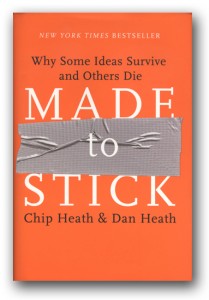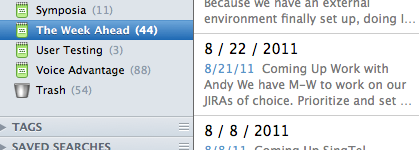…is a terrible phrase.
I’ve noticed this phrase creep its head above ground when someone is rationalizing a strategy or tactic that is initially highly inefficient and will create headaches in the future, but at the delight of increased revenue/traffic/whatever.
It has now entered my cage of canaries. When I hear this excuse uttered, it is a signal that something has not been properly thought out to the fullest extent necessary to make a sound decision. It triggers a personal moment of reflection; it prompts me to take time to analyze all the variables at hand.
Let’s break down the phrase’s two key parts.
“Will Be” — Future tense prediction of some turning point. But when? Can you tell me when it will shift from an acceptable poor decision to an unacceptable one? You’re also assuming that at some point it will shift.
“Good Problem” — A subtle oxymoron. You’re qualifying a decision as a positive problem, one that’s ok to deal with, because of the net good its causing. While not a ridiculous idea on its own, it assumes that the future problem will inherently be good. And good, in this context, is obnoxiously generic. Good how? To what extent? Relatively compared to what?
Next time you hear this phrase, stop and think. Notice if it’s being used as a way to validate or rationalize a side of an argument. Or as a way to sidestep further questioning or discussion of a point. You’ll come to realize it’s a red flare for poor planning.


